Bikie membership skyrockets over the past decade, AFP reveal
The spotlight on outlaw motorcycle gangs in Australia has never been brighter. Yet new figures suggest wannabe bikies are actually flocking to clubs in droves — where the recruitment standards of the past are being replaced by the motivation of “wealth and greed”.
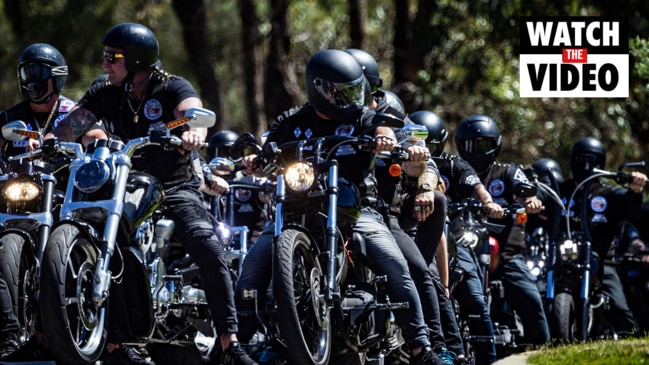
NSW
Don't miss out on the headlines from NSW. Followed categories will be added to My News.
Bikie club membership has boomed over the past decade as clubs put “wealth and greed” ahead of recruitment standards, federal police claim.
The Australian Federal Police (AFP), a member of the National Anti-Gangs Squad, estimates there are about 38 outlaw motorcycle gangs in Australia, comprising of 500 chapters, 4800 members and 1000 prospects — recruits who have yet to win their “colours”.
The figures are based on the Australian Criminal Intelligence Commission’s National Gang List.
AFP crime command Detective Acting Superintendent Anthony Brown said those figures have “definitely” increased by more than 50 per cent since 2007.
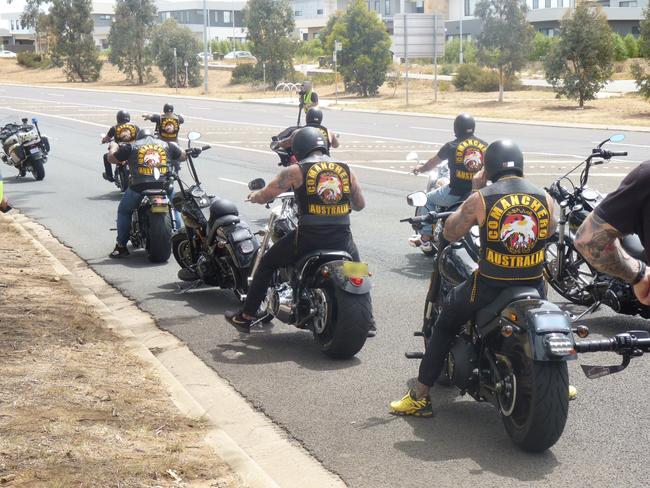
“Key drivers of this growth include increased wealth, increased capability, territory control, and exploitation of Australia’s illicit economies,” Det Supt Brown said.
“OMCGs (Outlaw Motorcycle Gangs) are involved in all levels of the illicit drug environment from manufacture to street sales and the subsequent money laundering.”
Historically, an Australian bikie was a middle aged caucasian man who genuinely enjoyed riding a motorcycle — usually an American or European bike.
MORE FROM AVA BENNY-MORRISON:
How missing persons’ team helped find Thea Liddle
Hot shot lawyers go to court over Twitter post
Today, the clubs are made up of men from all backgrounds and ethnicities and the ability to ride a motorcycle isn’t a prerequisite to signing up.
Existing connections to drug markets, a propensity for violence and inside knowledge of a rival club are now the most attractive qualities clubs look for in prospective members, Det Supt Brown explained.
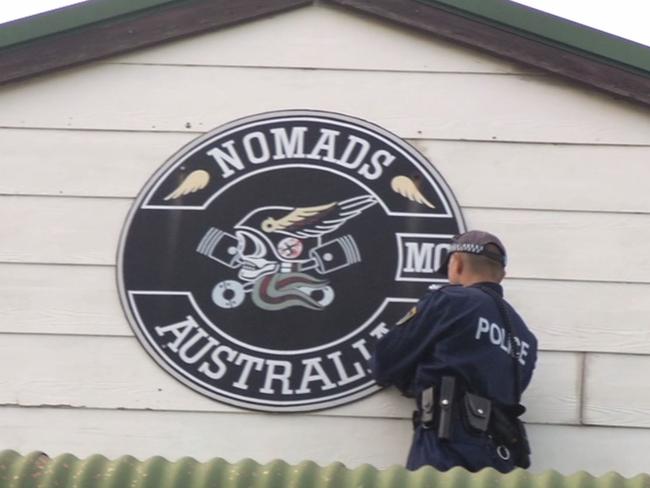
An Australian Institute of Criminology report this year found the average bikie was aged between 33 and 58 and four out of five had been arrested for a violence offence in the last thirty years. One in five bikies also had a profit-motivated offence on their criminal history, like commercial drug supply.
Det Supt Brown said clubs were sacrificing their historical values to recruit more people and work with rival crime groups if it meant making more money.
“What used to be a structured prospect (new member) in probation and recruitment phase, is condensed now because a lot of these groups are scrambling to keep members in,” Det Brown said.
“They are looking at the value a certain individual might bring to this club, whether that’s coming from a rival club or a completely new prospect.
“In the past you could say it was very much once people were in clubs they stayed in those clubs.
“But these days the motivation is the greed and the wealth that comes from these criminal activities these guys are engaged in.”
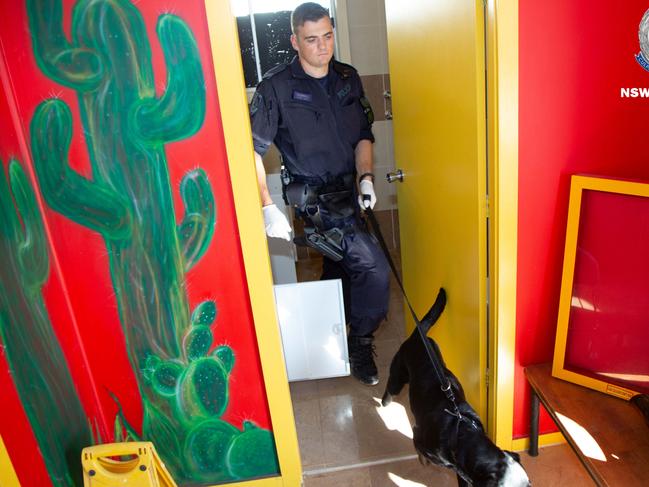
The AFP believes a drive in recruitment is also motivated by the many members who have left their gangs over the past decade.
The in-your-face style policing — everything from using liquor licensing laws to traffic fines — of specialist police teams like Strike Force Raptor have been widely recognised as
disrupted the OMCG way of life, in NSW at least.
But the AFP’s view is at odds with police in NSW, where tough anti-bikie laws have seen chapters fold and many disillusioned members hand in their colours or relocate.
Asked about an increase in bikie membership, a NSW Police spokesman claimed there had actually been a “significant decrease” of OMCG chapters and members between 2015 and 2020.
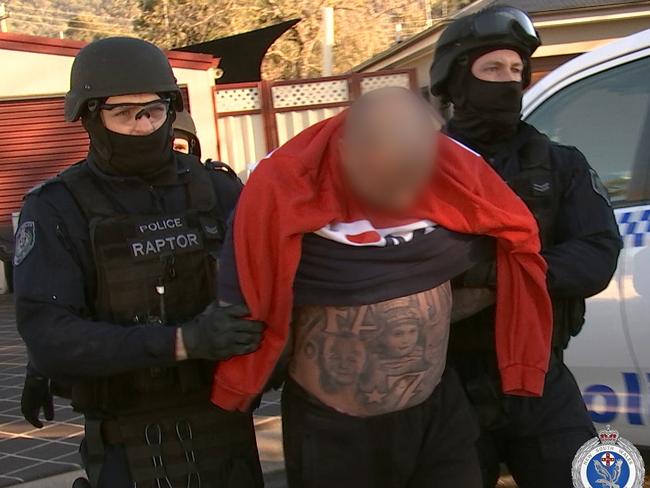
Around southwest Sydney, traditionally the Rebels OMCG stronghold, a number of small chapters have closed or merged with others.
“Ongoing investigations tell us that small increases in memberships of specific OMCG chapters are largely due to ‘patch-overs,’ where members leave one OMCG to join another,” the spokesman said.
While patch overs might be more common, they aren’t viewed favourably.
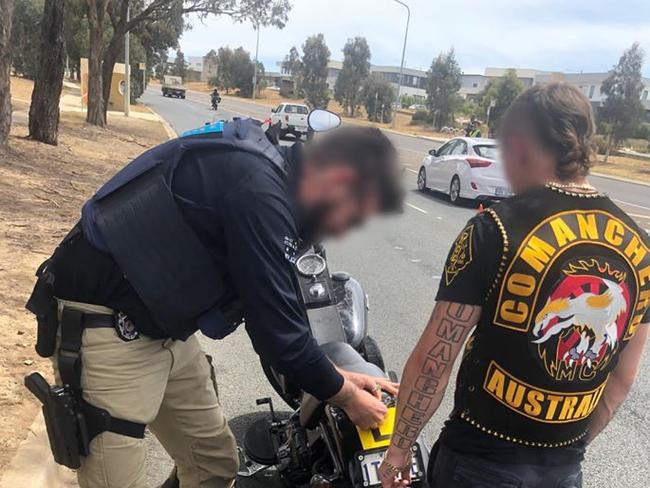
When a Nomads bikie switched allegiances to the Finks in the Hunter Region in 2016, it started a violent tit-for-tat war involving fire bombings, assaults and drive by shootings.
Bikie laws vary in every state and territory and the disruption to OMCGs in NSW has seen some groups simply move across borders or establish chapters in South East Asia.
The flip side of police success, at least in NSW, is that high ranking bikies have moved offshore to places like Dubai, Turkey and Greece but continue to have significant influence over transnational criminal activity.

